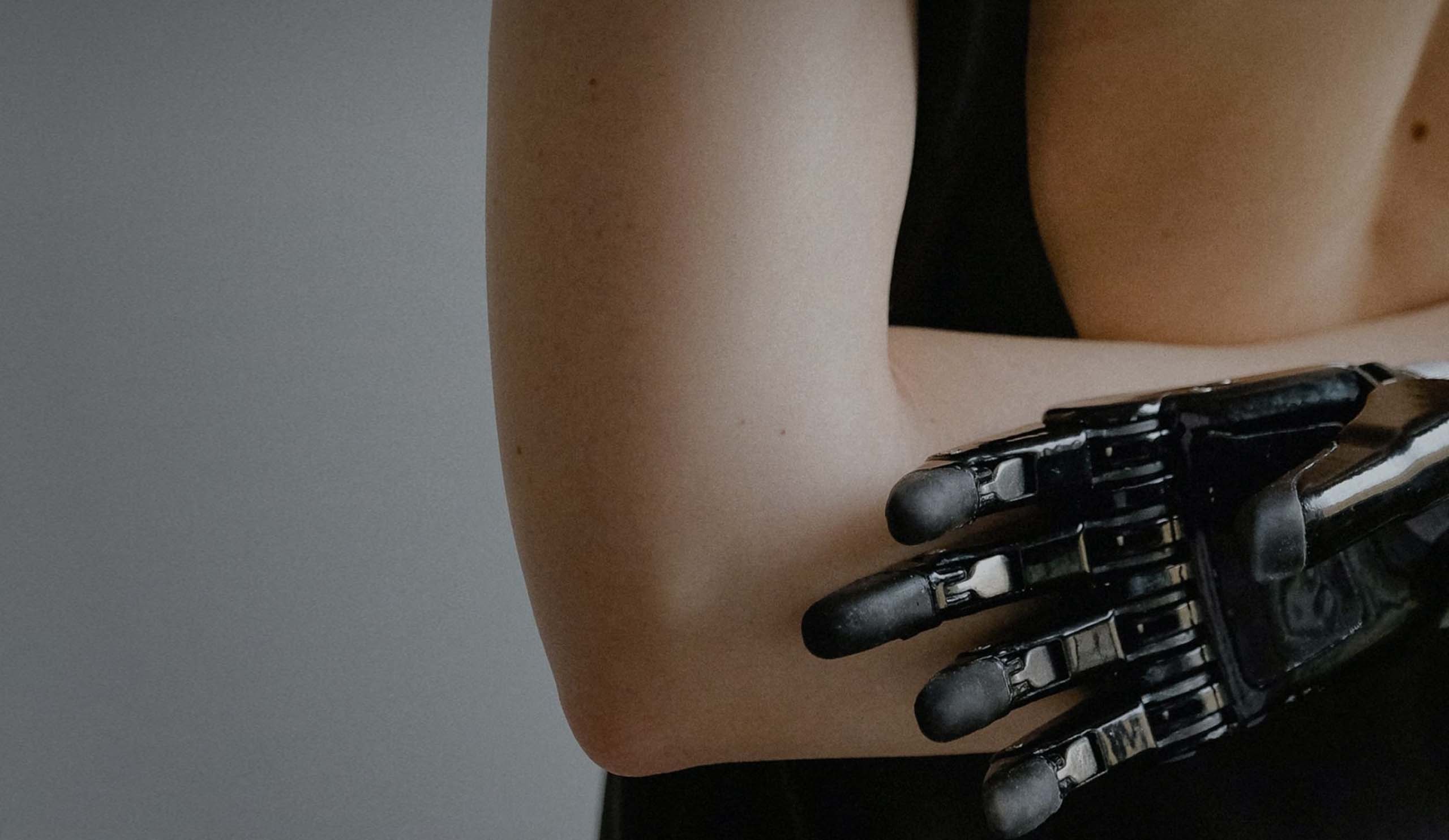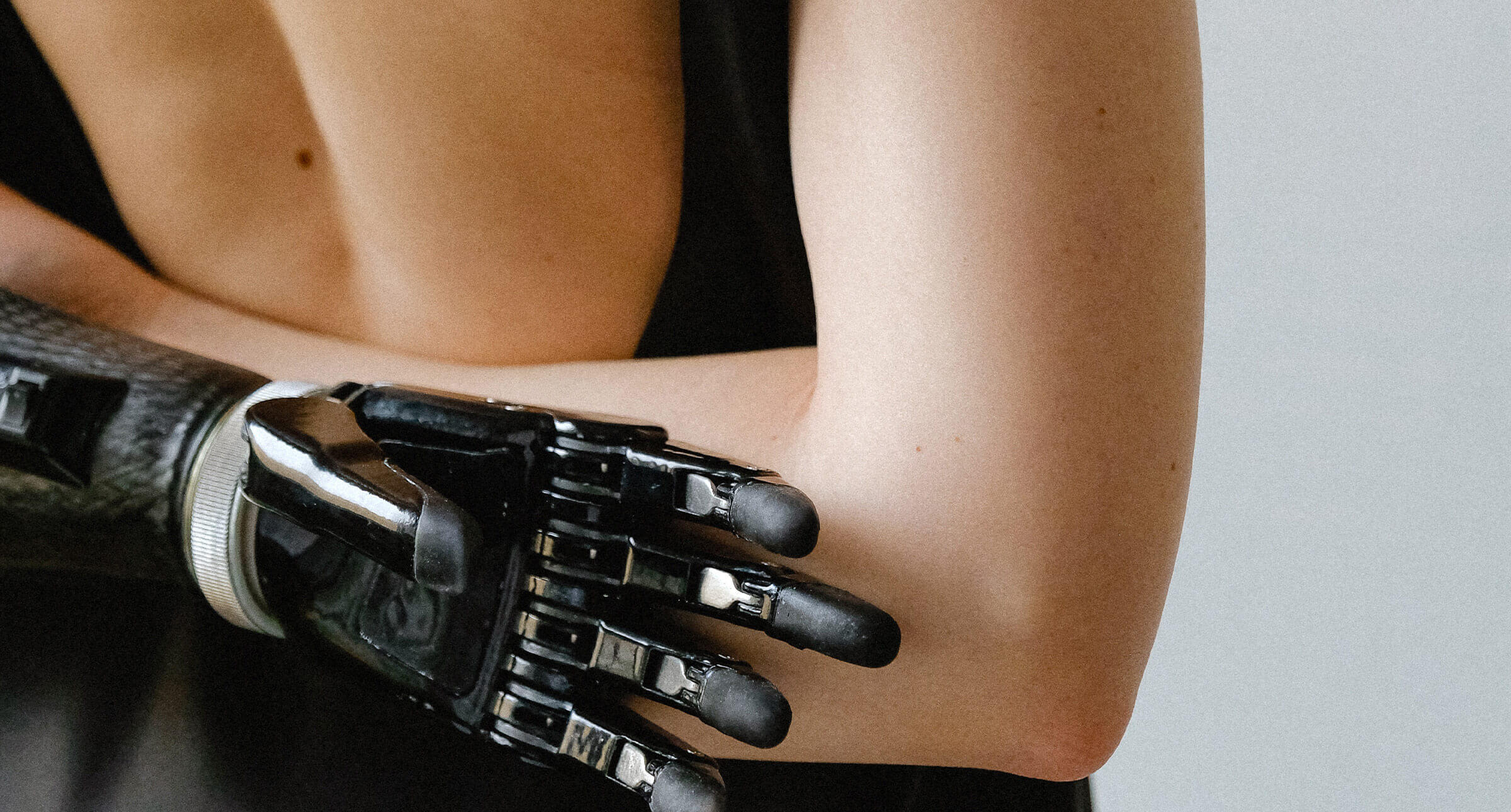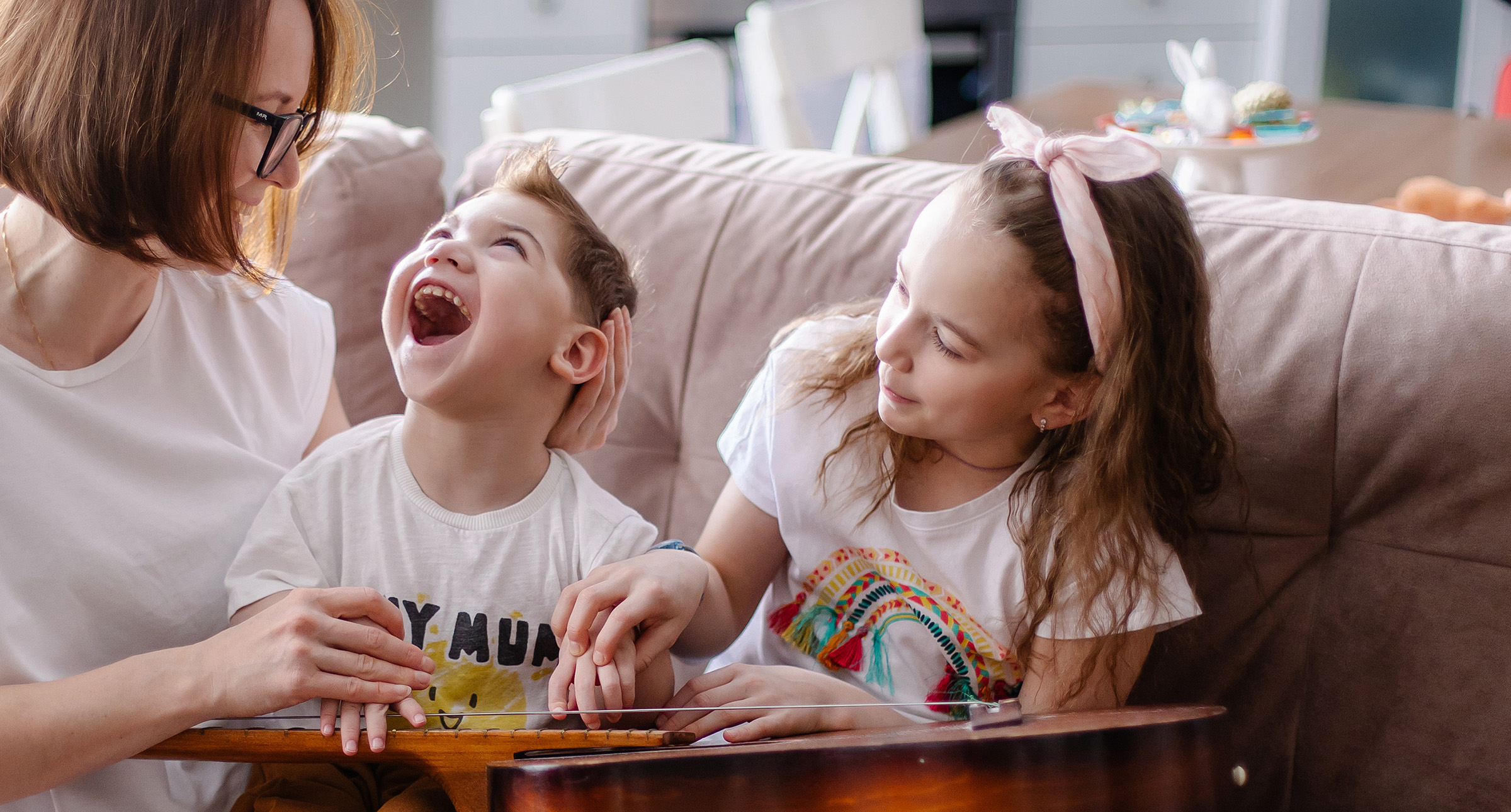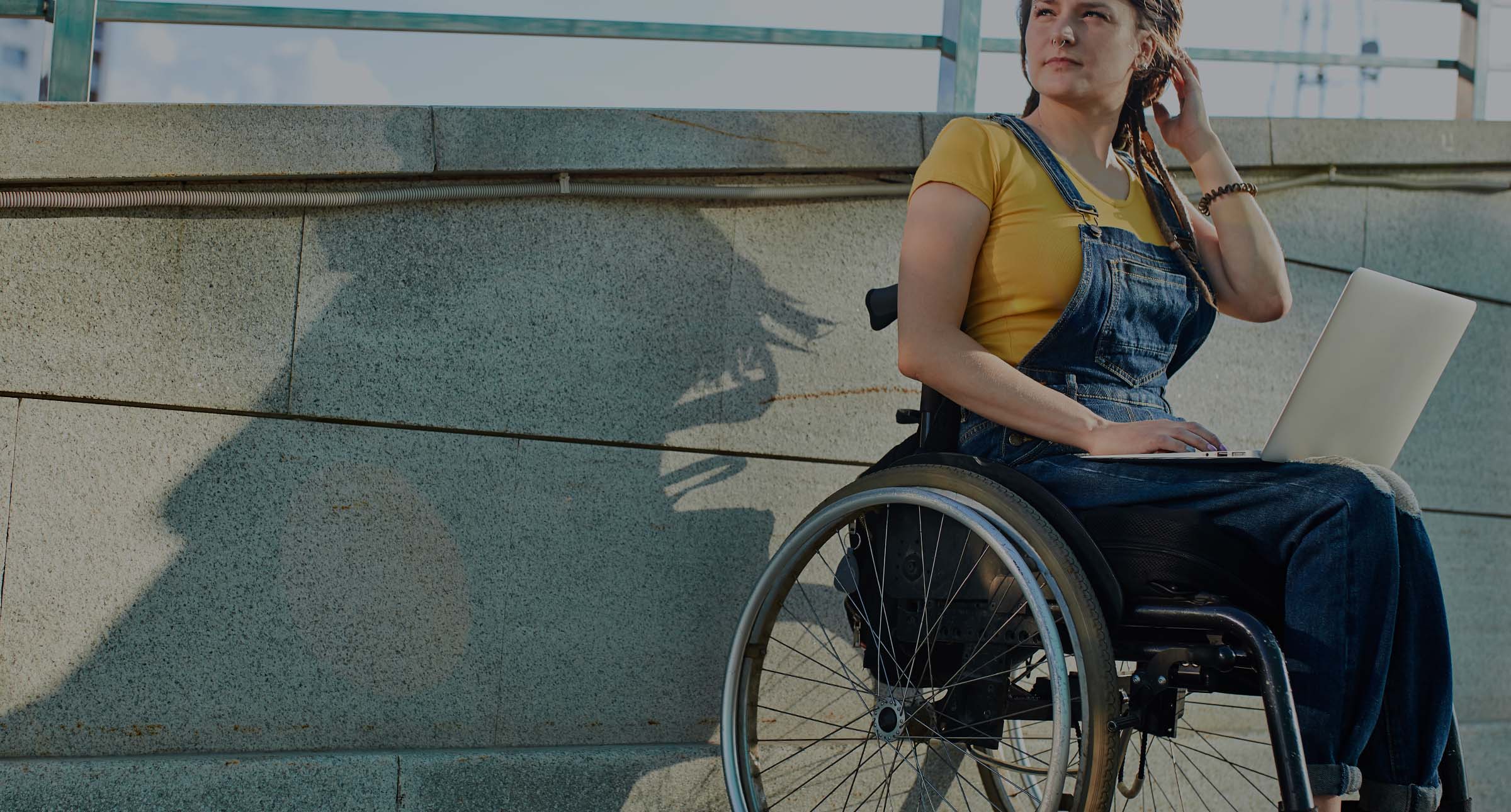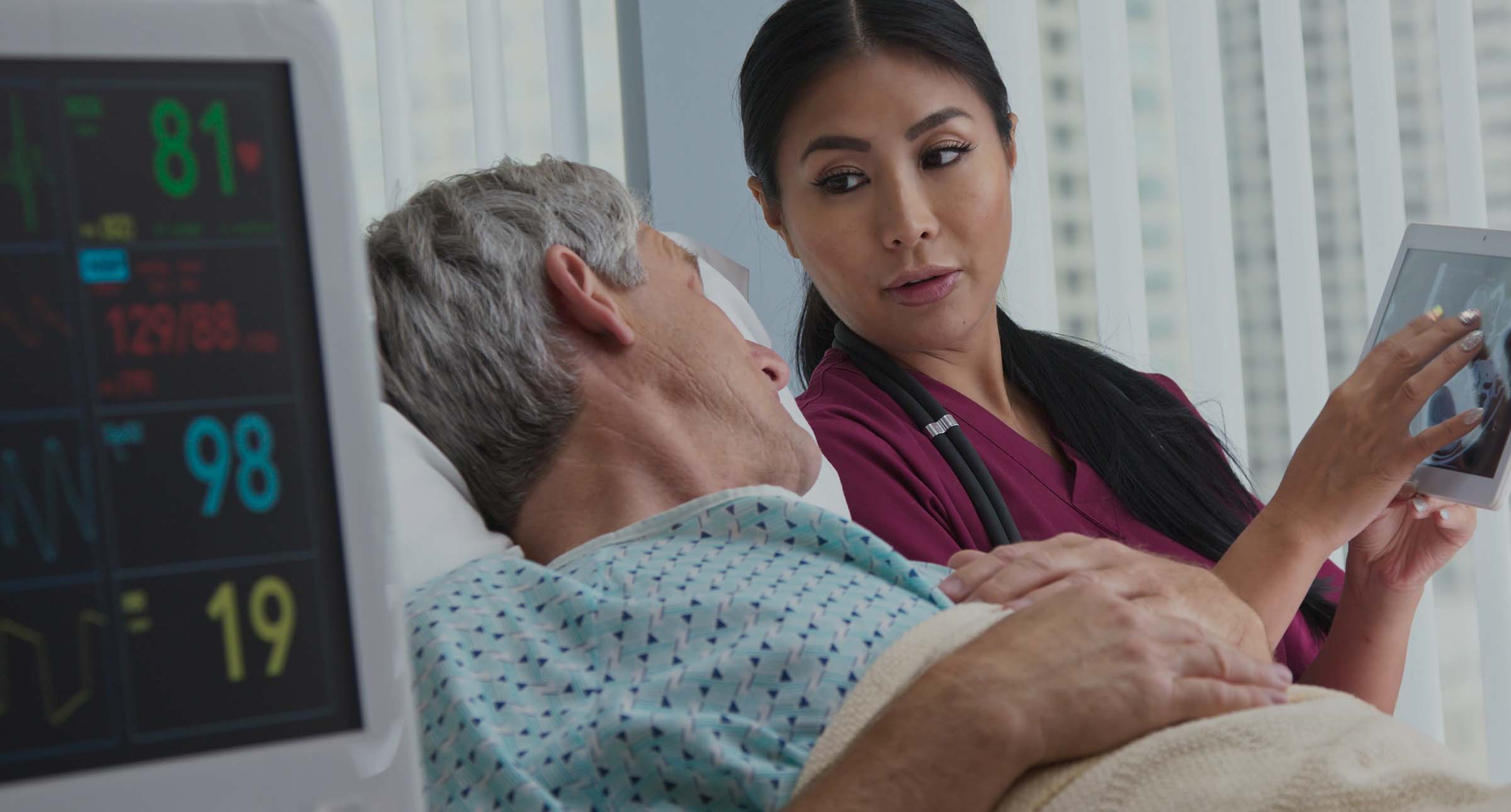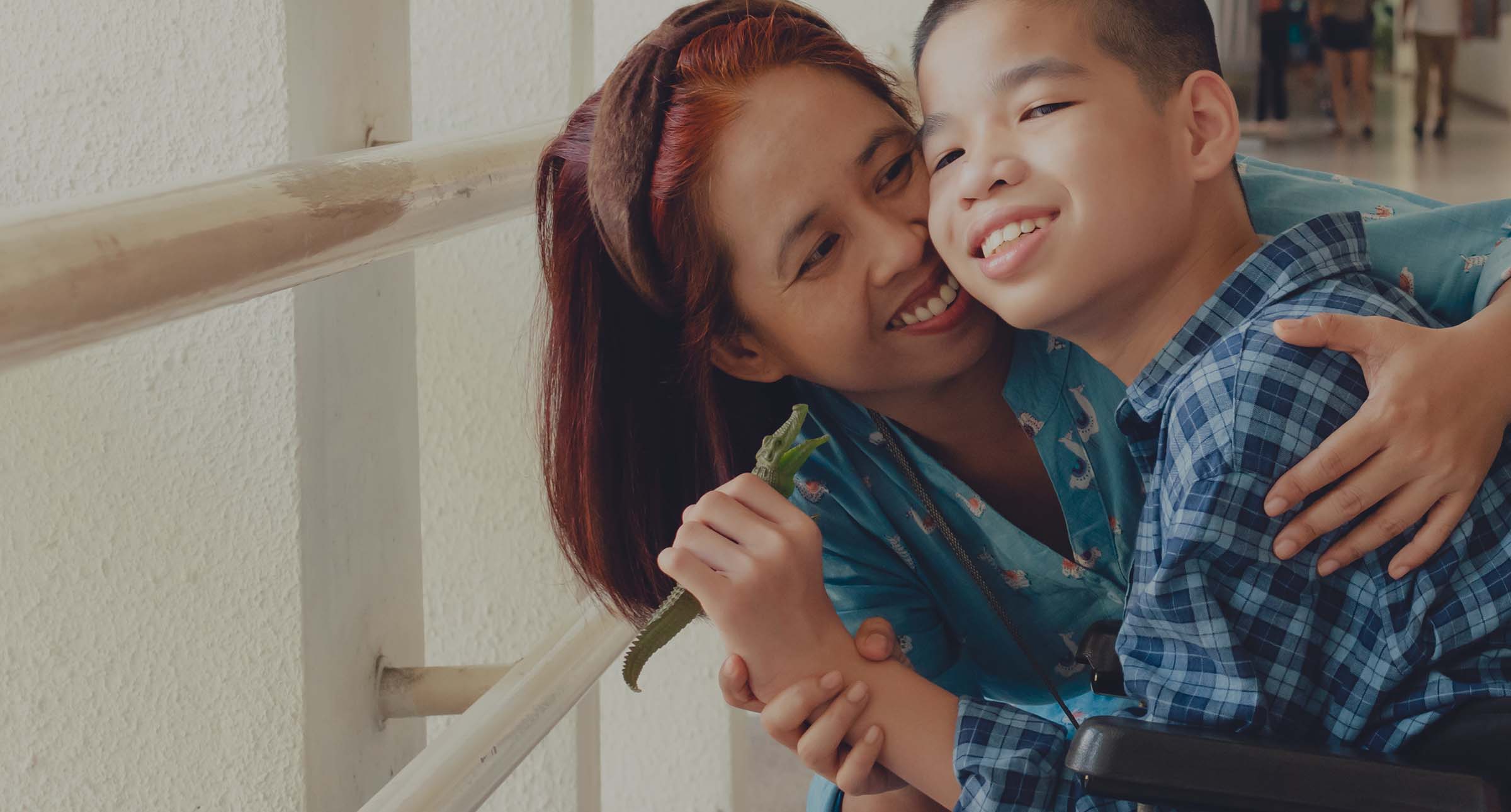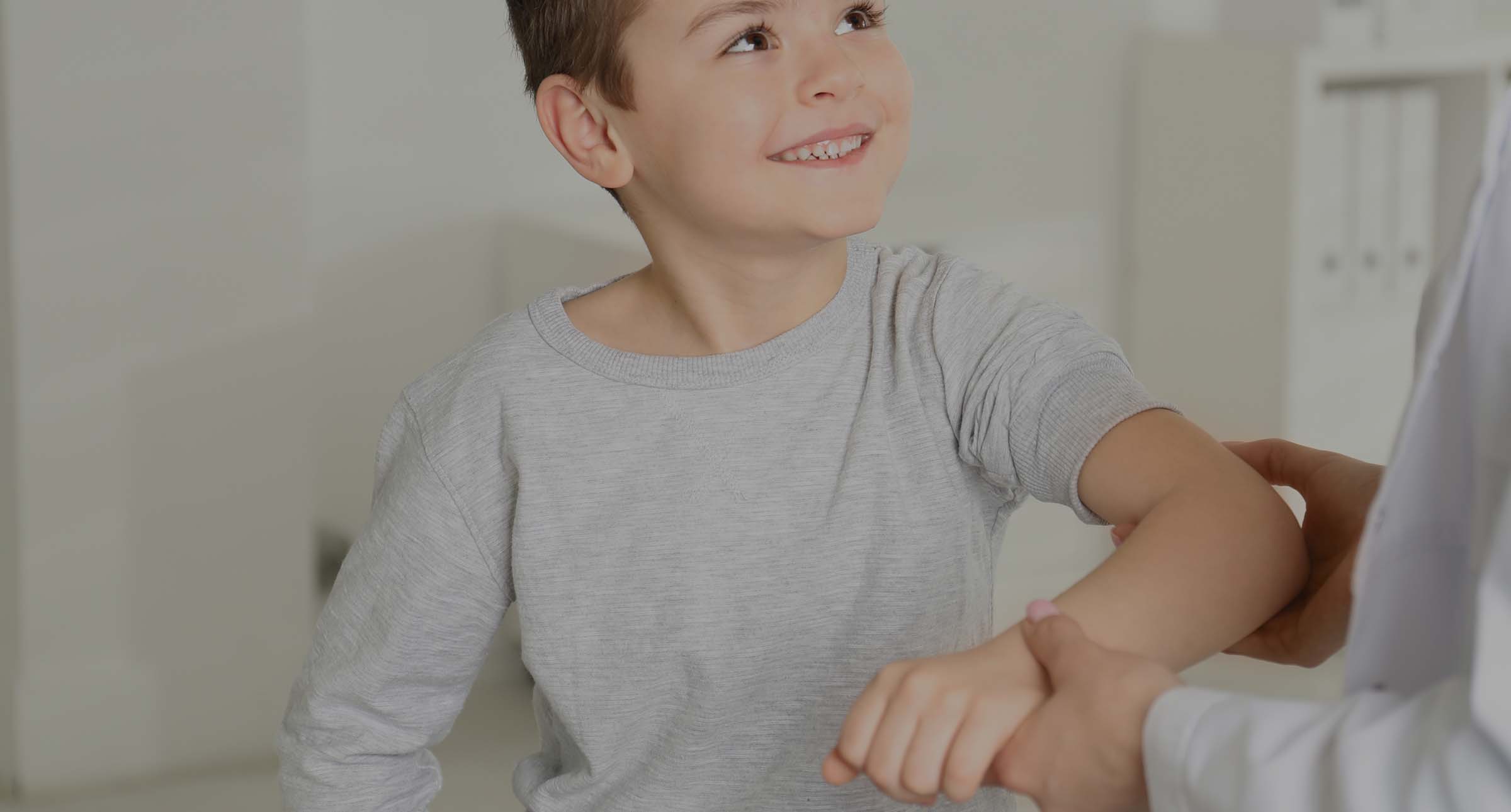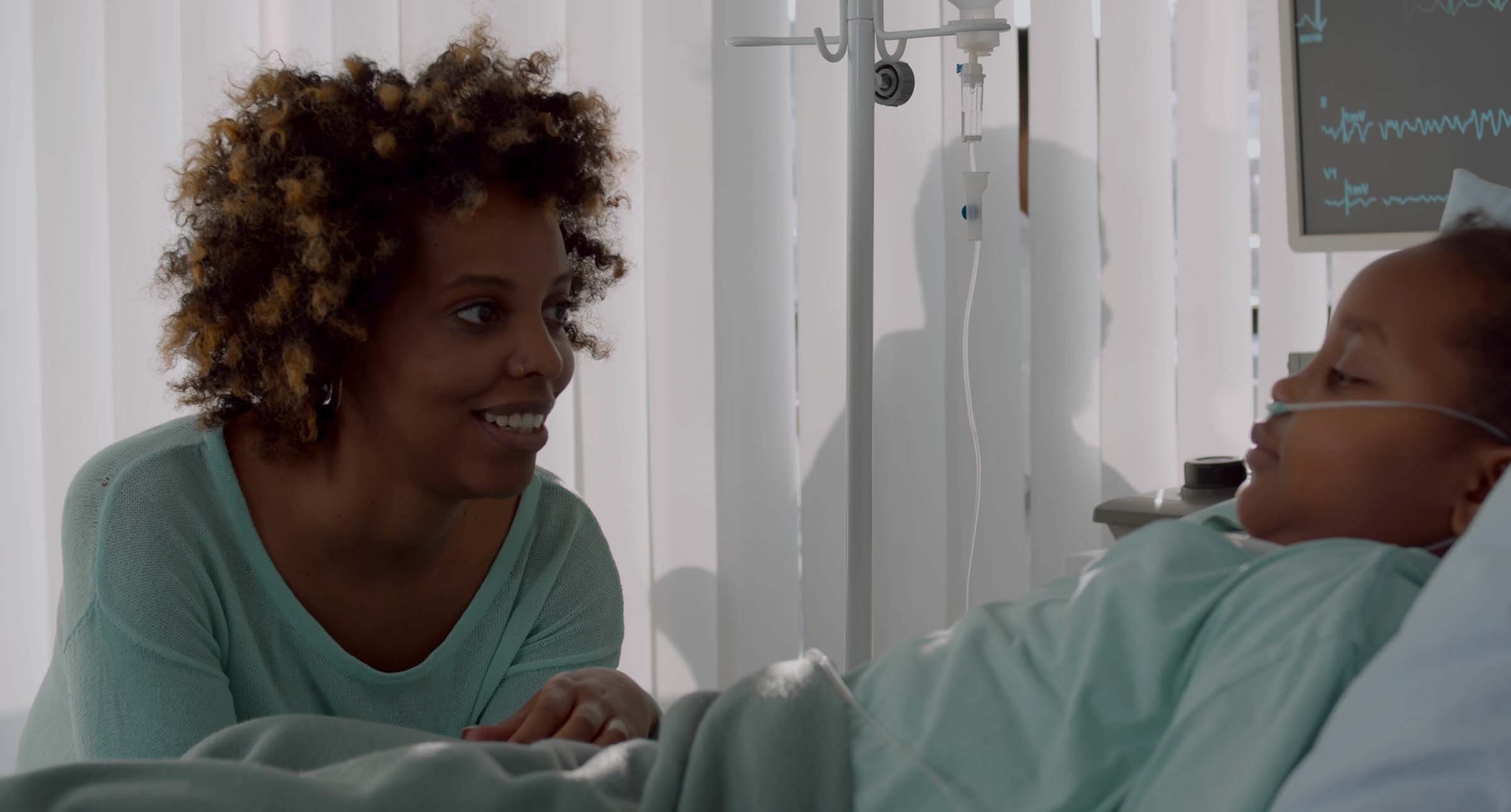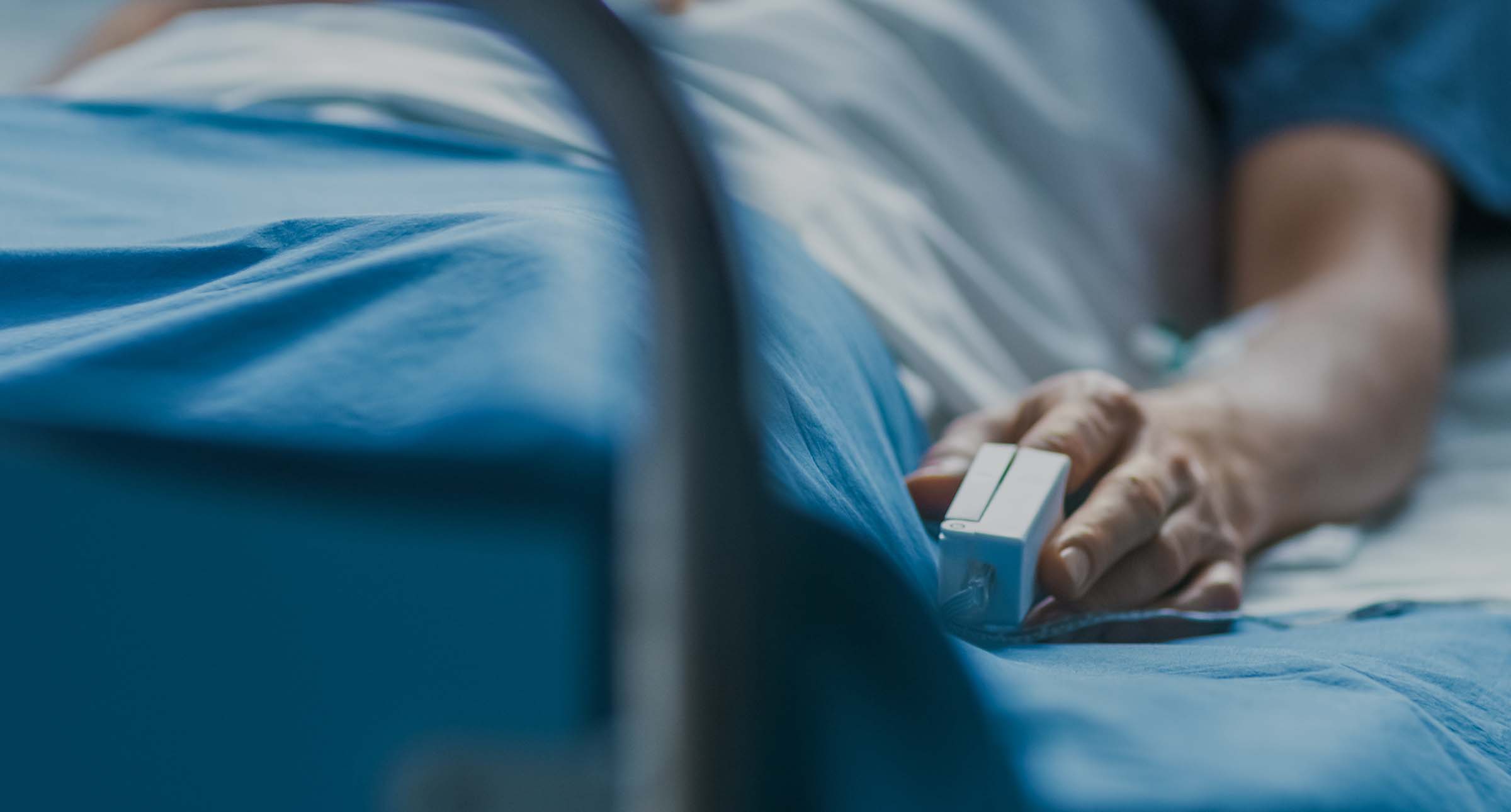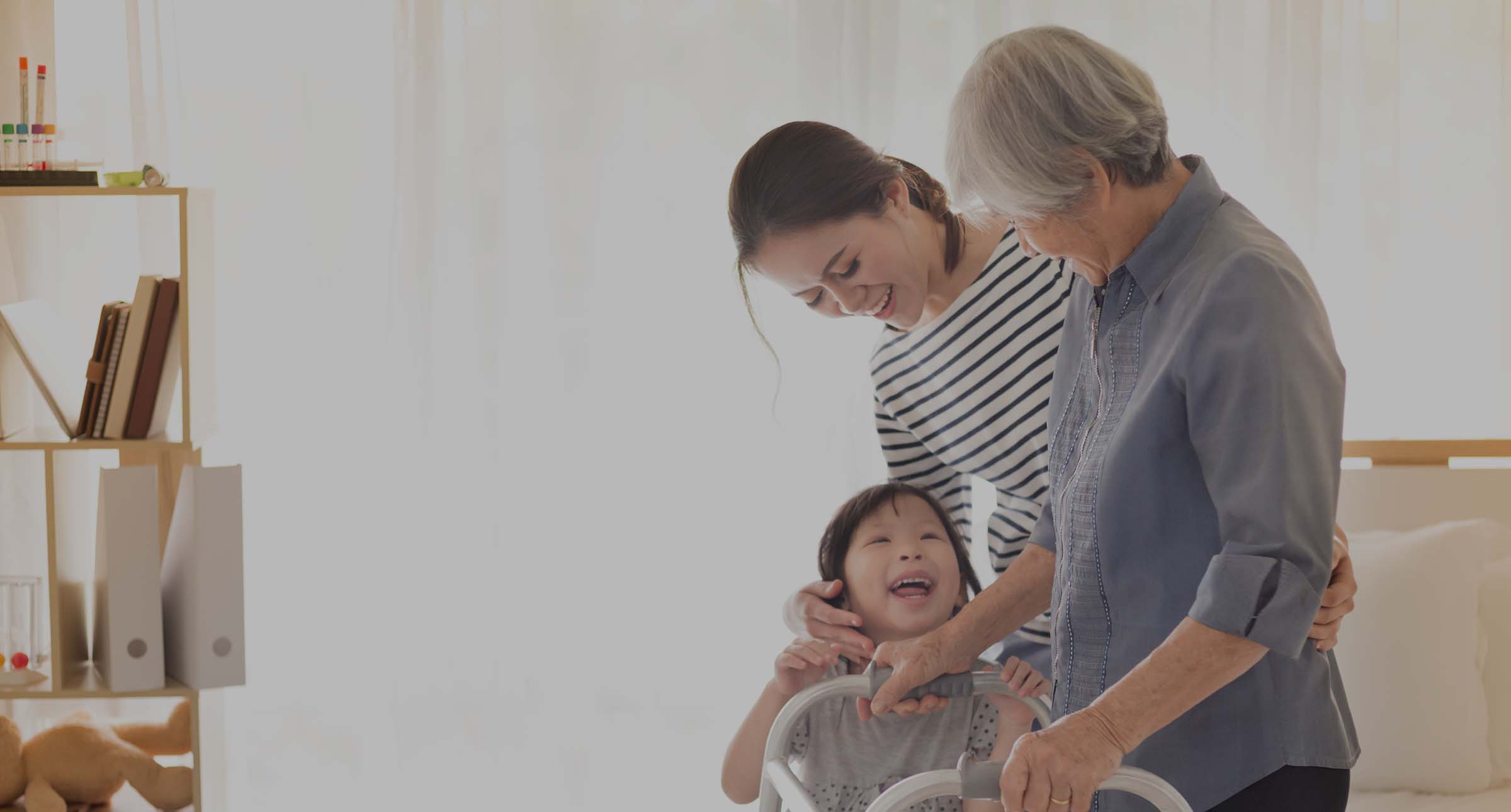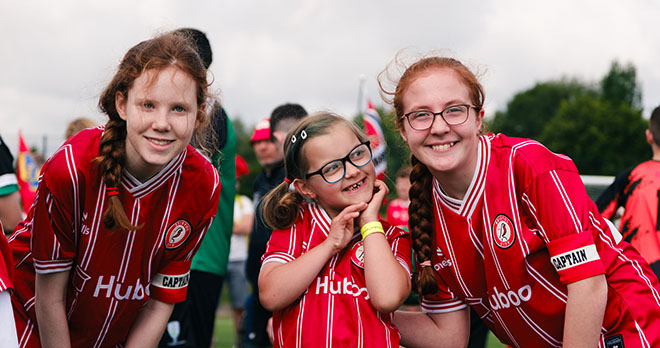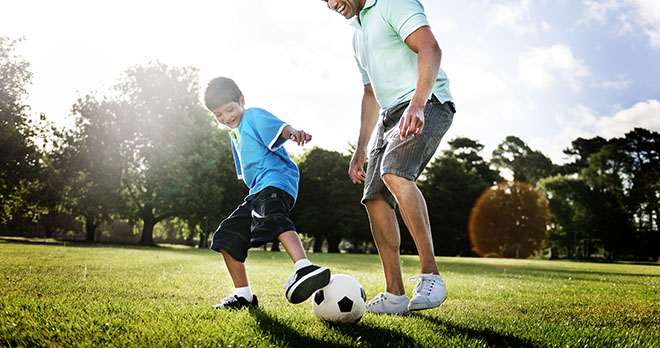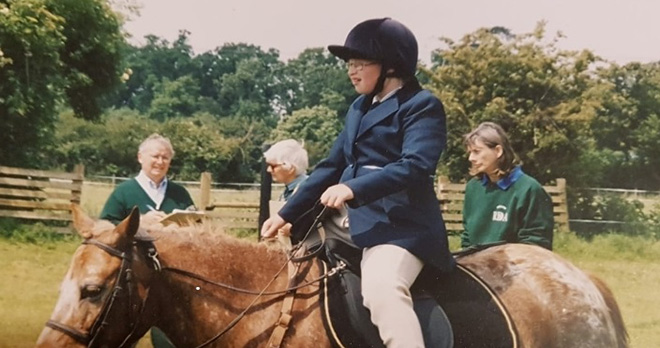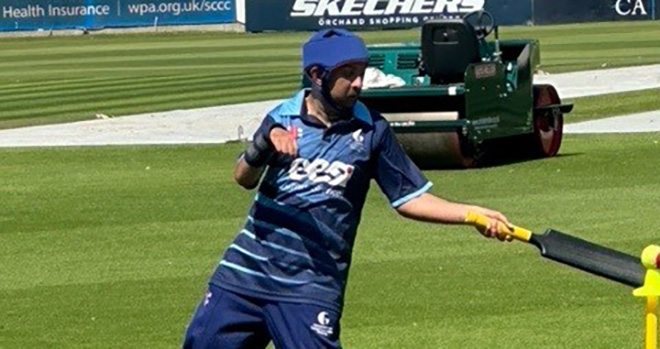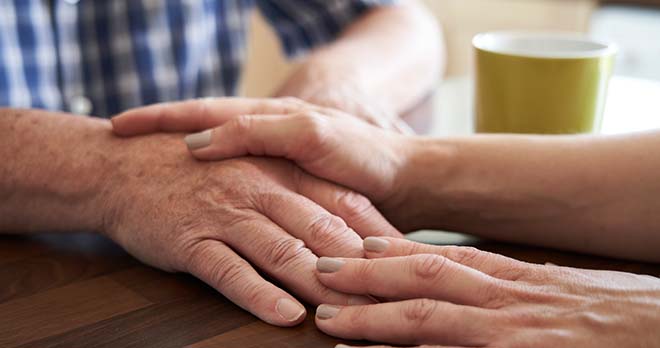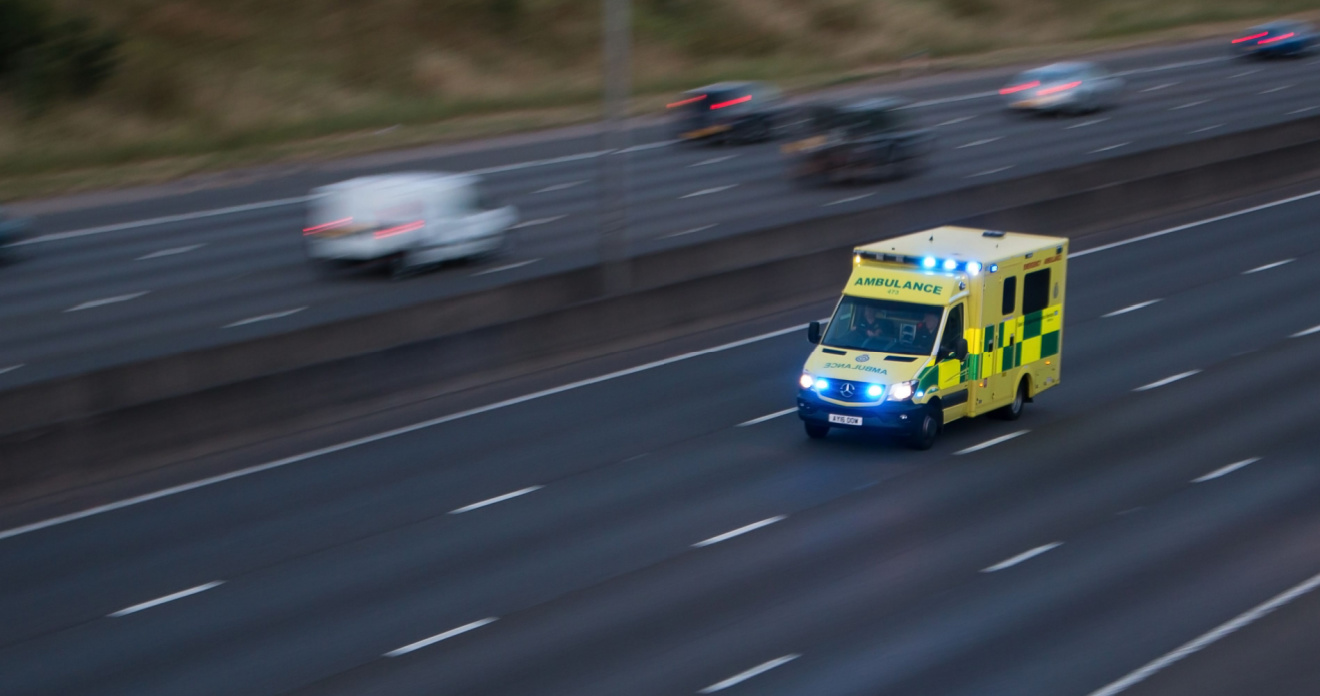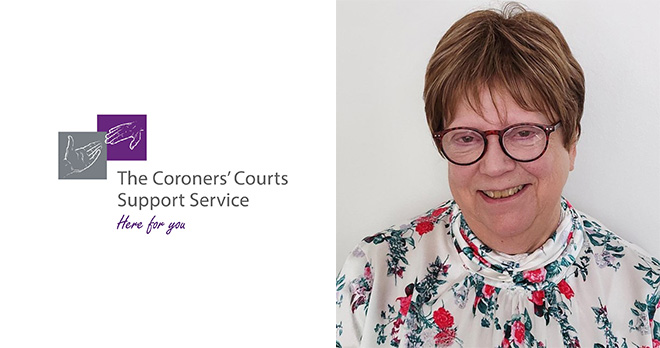Spotlight on The Wave Project
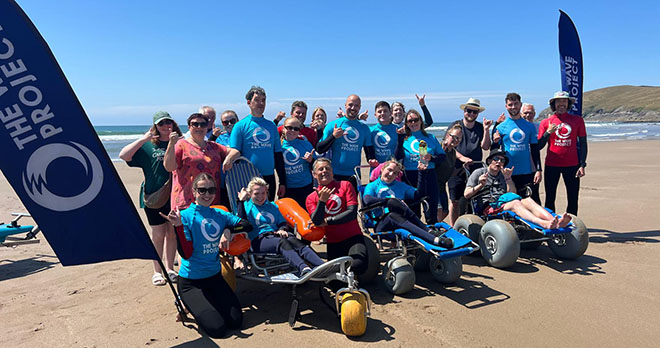
Can you tell us a bit about the history of the project and how you became the organisation you are today?
The Wave Project was set up in Newquay in Cornwall in 2010 as a one off pilot NHS project around improving young people’s mental health.
In 2013 we expanded to North Devon to continue our mental health intervention. However, in 2016 I was asked to take a young local boy surfing, who has quadriplegic cerebral palsy, epilepsy, visually impaired and recent hip surgery. Mum asked me to take him surfing and I said yes. We took him surfing in 2016 and we learnt that we could do things a lot better very quickly from that.
Surfing England is our governing body, and they had no training around this at all, no qualifications, nobody I could go to and say I’ve just taken someone disabled surfing and can you help me make that a better experience. Surfing England’s response was no one is really is doing this, anything you learn can you share with us.
After this I took a guy with Huntington’s disease surfing. He’d surfed before his degenerative condition worsened too much that he couldn’t go out on his own. It was great for him to be able to enter the sea safely again.
This year we’re likely to do 200 plus sessions, we now have four adaptive hubs; Croyde, Scarborough, Watergate Bay and the Isle of Wight which has just opened this year. We are growing very quickly; our next stage is to think about how we continue to grow and develop. I’m very proud that The Wave Project in conjunction with Surf Southwest have been recognised by Surfing England as the first adaptive hub.
When we first started, we said surfing was only June to October, but two years ago I took a client surfing on 2 January and it was a beautiful crisp sunny day. I now have around 10 surfers who want to surf year-round. Equipment is better than ever before; wetsuits are better and they work better. I want to surf as much as possible, and just because someone has a disability doesn’t mean they don’t want to surf as much as possible. Similarly, just like I want to go on some warm surf trips, I know people who like to go somewhere warm in the winter. It did start out seasonal, but now we really are year-round.
What would you say are the central aims and objectives of The Wave Project in terms of adaptive surfing?
We are still a young person’s mental health charity. About five years ago I was still battling to keep adaptive surfing in the objectives and aims of the charity. My point was that many people with physical disabilities may have even worse mental health issues, they have so many more battles to fight and hurdles to jump. Although this is about helping people with a physically disability you are still helping those people with their mental health.
The adaptive aspect I felt I had to support and fight for early on, but now the charity has advanced. We want to make the sea and surfing as inclusive and accessible as possible. If everything goes back to that, it’s a good place to be and we work out how we achieve our aims from there.
Sometimes it’s difficult as in it’s costly. You’ve seen it firsthand. Some clients will need at least two qualified instructors with them. We have a team of well trained and experienced volunteers to bring that cost down. We wouldn’t be here as a charity without the commitment of our volunteers. The equipment is costly, you know this more than me and to be honest before 2016 I had no idea of the cost. I thought if you going to have something to help someone who was disabled surely those costs are reduced or subsidised, but I very quickly realised that it increases the cost. Costs are a major prohibitive factor; we are aiming to make all our surf therapy more inclusive.
So, someone who is visually impaired who doesn’t need extra equipment, we can make that happen in any of our 14 locations. We’ve trained out staff to still be inclusive at all of out locations, so not everywhere do you need all the equipment, but in the locations that do have that equipment its costly. Our people, instructors and volunteers are well trained to make the sea and surfing more accessible.
All the clients that attend from the Silverlining Charity really enjoy the surfing now. Some of them initially did not want to get in the water but now you cannot keep them out of the water. I think that’s the point, the ocean is really beneficial, and the surfing just enhances that. If we an get someone into the ocean that’s brilliant, if we can get them on a surfboard and get that exhilaration that’s a bonus.
I have a volunteer, Issy, who is an above knee amputee. She helps me to deliver our training at our other locations, and it great for me to have someone with a disability to give our volunteers firsthand knowledge. I can talk about it lots and lots, but those people are living the real life experience every day and I’m not. Issy says ‘when I’m in the sea I don’t feel disabled’. To me that sticks in my mind, they’re doing the same as everyone else in the sea at that moment.
The adaptive surfers from Silver Linings, and many others I spend time with start talking like any other group of surfers ‘how many waves did I get, how good was I’. It is that whole thing about chatting like any other person, talking about something were passionate about. I think the whole social side to our surfing trips are just as important as the surfing itself, the sense that the attendees are part of the ‘surf community’ and not just part of a separate ‘disabled community’.
So objective-wise, do you want to grow more?
That is one for us to discuss over the off season. We want to be able to make the ocean more inclusive and how do we achieve that, do we increase the wave project locations, or do we train more people out of the Wave Project to help that happen. We have a new CEO, Ramon Van de Velde, who is very experienced at growing organisations. He has real growth in mind across all our services, but we haven’t got the detail of how that looks. Our plans over the autumn are to iron out the details of what that growth looks like. But that’s what Ramon is all about, growth and reaching more people.
I do think one thing we will probably do is revisit most of our projects, to update and increase the depth of our inclusive training. We did that two and a half years ago and I feel that we need to ensure that our training is up to date. Over the last two winters myself and Sarah have looked at our training, and always try to make it relevant as language is always changing and all sorts of things change, develop, improve. Bearing that in mind, again making sure we are as inclusive as possible.
What are some of the support services you offer?
Where we reach more beneficiaries is through our surf therapies and surf club. Surf therapy is a six week intervention which gets kids out in the water, they’re paired with a volunteer surf mentor and this is for children who are really struggling with their mental health. It may be depression, anxiety, suicidal thoughts. Children as young as eight register for the course, we get them out on the board, we have this magic recipe where we have the community of everyone going out in the water with them, 10 of them in a group plus their 10 mentors, then the wonderful relationship they have with their volunteer mentors. For many of the children we work with, their mentor is the first positive adult role model in their life.
Then we have the power of blue health, which we all know about, when you live near the sea you know how amazing it is for your mental health when you get out into the water. Those three together combined really create an impactful intervention. The children are with us for six weeks, the difference we see, the transformation we see through the surf therapy is phenomenal, the children leave us with much higher levels of confidence, self-esteem, positive thoughts, friendships, the full works really. When they graduate, they join our surf club – which they can join for as long as possible as long as they feel the need. There is always space available.
Through that we reached 1884 children and young people last year. Which is phenomenal. With children’s mental health getting worse, one in five children now, and that’s another part of the charity that were keen on growing as the demand is there. We want to reach as many children as possible, so were going inland. We are already at the Wave Garden in Bristol, and we’ve just announced were joining Lost Shore in Edinburgh. We can reach as many children struggling as possible; they don’t necessarily need to be near the sea.
Our other wing is our education. We run a beach school from our head office in Newquay. We work with children who may have been excluded or at risk from being excluded, and mainstream education isn’t how they work. We take them out one-to-one or two-to-one and take them to the beach and we use the national curriculum in a different way. We might work in rock pools, or beach art, or teaching geography through the waves. Its that intense intervention.
We’ve just been successful in getting accreditation for our Wave Rangers programme. We want to reach as many people as possible and there’s a limit to how many projects you can open up, each project during those six week interventions reaches 10 children but what we want to do is work with schools and youth organisations to train them up on how to work with children who are struggling with their mental health. We’ve just got accreditation from the NCFE, which is a big deal in the education world. So, we will be training people up within each school or youth organisation to be those leaders so they can impact a whole school by just having 1 person in that role.
So, we have education, the adaptive and the surf therapy. We have many facets to the organisation.
We have children living three miles from the sea but because of circumstances have never been taken to the beach. There has been lots of research about mental health and it being poorer around coastal areas; for many reasons poorer infrastructure, lack of jobs, lower pay if you’re lucky enough to have one. Equally there are communities inland that really need our support. The idea of going to the Wave gardens, means we can access more people through the surf therapy side.
We’ve been piloting stand up paddleboarding therapy in Exeter, we can reach a population that couldn’t normally get to the sea, we can do it on the river. We have just done the one pilot, but the results are really exciting, but something we want to look into more.
A lot is funding based, but were trying to find lots of different ways to fund raise and funding those different projects. We have big plans. This year is difficult with to cost of living for funding for charity, we have the plans in place and Ramon our new CEO, we have the vision it’s the funds behind it.
Have you been successful with any lottery funding or fundraising?
As you have seen we did install a disabled bathroom/changing room at Croyde which cost £120k. £80k came from the Government levelling up fund. The rest was raised with donations and fund raising.
In Croyde that locals are very supportive. Someone saw what we were doing and gave us a donation of £2,000. When people see it they can see what we’re at and its really easy for small scale local donations. Which is great as it keeps the community engaged, we arrange pub quizzes etc which generates around £10,000 – £15,000 per year and we need the community support.
As an organisation we need to raise £1.5 million a year. So we have all of the projects, which do an amazing job on the ground like the good will towards the charity on the ground in the areas they’re in is phenomenal. Our volunteers to an incredible amount of fundraising for us through their companies, or a challenge e.g., jumping out of planes, but a lot of out funding at the moment is through grants and foundations and those bigger pots. We’ve had some long-term supporters who have been brilliant with us, but the competition is so high at the moment for the same pots because every charity is struggling with the cost of living crisis e.g. training/surf instructor costs, everyone is increasing their costs because they have to.
It’s given us a double whammy across the board where things are costing us more, funding is hard to get in, but with the surf therapy side at least we’re getting more referrals through as a direct consequence as the cost of living. It’s a tough fund-raising climate.
We have had national lottery funding, but that ran out at the beginning of this year. The smaller regional pots are supporting us. Recently Ian had Claire Mills the foundation that founded some of the equipment at the Isle of White Hub, but in general a lot of the regular givers aren’t able to donate. Everyone is feeling the squeeze.
The surf therapy side is completely funded, and no children have to pay for this themselves, the referrers pay for that as we don’t want costs to be a barrier as the children suffer. However, adaptive surfing we charge for, but we haven’t changed our pricing policy for four years and the adaptive surfers pay the same rate as a regular surfer for a one-to-one lesson.
What we are charging is less than what it costs us to put it on. The charity is subsidising it being at the cost, although we’d like it to be less in an ideal world.
Are there any recent challenges and how have you navigated these challenges for the benefit of your members?
I don’t think there’s any bigger challenge than the funding. If I didn’t have to spend time looking for funding, I could help more people.
We’re investing in fundraising, trying to do more and have our fingers in lots of different pies. We’ve been heavily reliant on grants and trusts in the past, which no charity ultimately wants to be so reliant on one income stream. We’ve invested in a fundraising team, working with companies, challenge events, participation event ‘get on board’; get as many people as possible to do a challenge that involves a board, the community when they see us in action they see our impact, were trying to offer more ways for people to support us so we don’t have that reliance on grants and trusts.
What does the future hold?
We want to reach as many people as possible with our services. Ensure that surf therapy is available for anyone who needs it. We want to grow our offering, but we need to look at the mechanism.
It’s an exciting time for adaptive surfing, it’s really growing. We are at the forefront of that journey. The excitement of an ever growing sport.
Our expert injury solicitors have helped to secure access to sport and other physical rehabilitation for many clients. If you are considering a claim for compensation, contact us today to find out how we can help.
Call now
